Event Details
-
- Location: Virtual
- Date: April 3, 2024
-
- Time: 10 AM – 12 PM ET
Event Description
Ever wonder how you can elevate your students’ hands-on learning? Maybe you find yourself iterating ways to bring your lecture to life and build student engagement.
We invite you to join our Cyber Summit for Student Success on Wednesday, April 3, from 10 a.m. to 12 p.m ET.
The Summit will open with remarks from David Raymond, Director of the U.S. Cyber Range, followed by a vibrant panel discussion. We will ideate best use cases for hands-on learning, share resources, and examine the impact we have as educators, to graduate confident students who are ready to take on a career in cybersecurity.
Meet the panelists
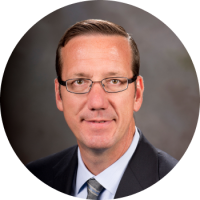
David raymond
David is Director of the U.S. Cyber Range and Virginia Cyber Range. He has taught undergraduate and graduate cybersecurity courses at West Point and Virginia Tech, and has been involved in cybersecurity curriculum development for several years. David's work encompasses a wide range of research areas, including threat analysis, network security, and digital forensics. In addition to his academic pursuits, he is actively engaged in industry collaborations, working to bridge the gap between academia and real-world cybersecurity challenges.
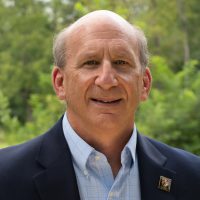
Jack Suess
Jack serves as the Vice President of Information Technology and Chief Information Officer (CIO) at the University of Maryland, Baltimore County (UMBC), reporting directly to the President. In this role, he leads the university's IT initiatives and is a key member of the executive leadership team. With extensive experience in advanced networking, Mr. Suess has led significant projects, including securing NSF grants for network upgrades and initiatives to promote diversity in IT. Mr. Suess has served, or is presently serving, on the boards of Internet2, EDUCAUSE, IMSglobal, InCommon, REN-ISAC, and the NIST National Strategy for Trusted Identity in Cyberspace. He has been a thought leader and researcher in the areas of advanced networks, cybersecurity, identity management, analytics, and the technology standards for learning technologies.
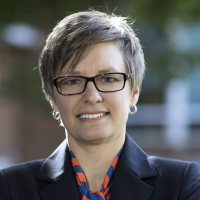
Angela Orebaugh
Angela is an Assistant Professor in the Computer Science Department at the University of Virginia's Engineering School, specializing in cybersecurity and information technology. With over 20 years of industry experience, Angela has worked with NIST, DoD, intelligence agencies, small businesses, and start-ups. She is committed to leveraging her expertise to enhance student learning and provide exceptional educational experiences. Angela holds a Ph.D. from George Mason University's Volgenau School of Engineering and has authored numerous publications in cybersecurity. She is actively involved in various professional organizations and serves on several boards, including the UVA Women in Cybersecurity faculty advisor and the Virginia Cyber Range Executive Committee.
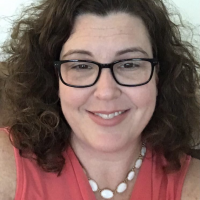
Megean Garvin
Megean is the Associate Director for Computing Education Research & Evaluation at the Maryland Center for Computing Education (MCCE), University System of Maryland. She oversees MCCE’s publications, grants, and reports and monitors state education policy and regulation changes. She is focused on strengthening the computing knowledge, skills, and pedagogy of the Maryland teaching workforce and monitoring progress towards providing equitable access and participation in computing for all Maryland public school students. She is also a 3C (Cultural Competence in Computing) Fellow.
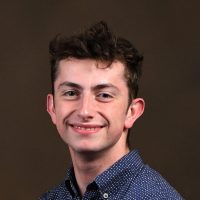
Michael Neal
Michael is a junior at Virginia Tech studying computer science. His passions include reading, video games, rock climbing, and coding! Michael has previously worked for the United States Army Cyber Institute, and the Joint Warfare Analysis Center. This summer, Michael will be interning at Microsoft on the Azure Cloud + Platform team.

Pat McShea
Pat is a program manager with CACI International Inc. and is responsible for a roughly 200-person contract to address a wide range of cybersecurity services. McShea started his career learning SIGINT and riding submarines in the U.S. Navy as a cryptologist. He then learned all about satellites spending ten years supporting the National Reconnaissance Office. He took a pivot outside of the intel community with America Online, where he learned about software development and performance measurement. He spent several years back in the intel community as a professional consultant, where his team was responsible for delivering data-driven analytics on large systems to inform acquisition strategies. The past eight years have been focused on the full spectrum of cyber engineering. He summarizes his career with the 6 S's–SIGINT, Submarines, Satellites, Software, Systems, and Cyber.
